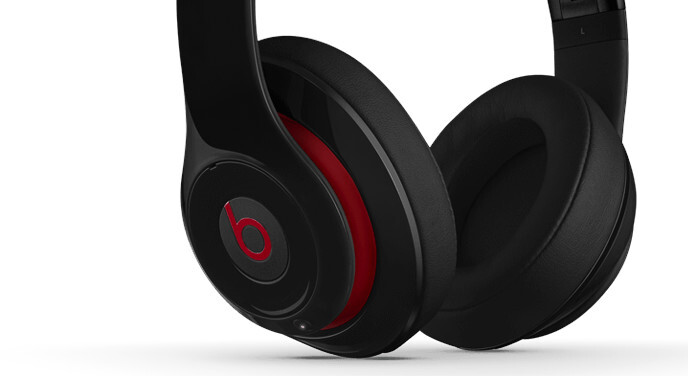
Beats is building a formidable company around its range of high-end designer headphones, earphones and speakers. At the same time, HTC is finding it increasingly difficult to compete with juggernaut smartphone manufacturers such as Samsung and Apple.
So when Beats bought back the remaining 25 percent stake that HTC had in its company, few were surprised. The two firms’ priorities were no longer aligned and in many respects, Beats had simply outgrown the partnership.
“HTC, which has nothing to do with Beats, has the challenge of Samsung and what’s going on in the marketplace,” Luke Wood, president and COO of Beats said.
“I think that they really wanted to focus on core phones and I think their ambition is to try to build other channels of support with their accessories.”
Evidence of this strategy can already be seen with the BoomBass, a portable cuboid speaker that doubles as a smartphone stand, as well as the recently unveiled Fetch and Mini+ accessories. Wood added: “They made the right decision, which was ‘let’s just focus on making great phones, and really try to capture market share and build the best devices possible.'”
Bringing Beats to Android
Beats reached out to HTC in 2011 to support their transition away from Monster; the exclusive manufacturer of their products between 2009 and 2012. Founders Jimmy Iovine and Andre ‘Dr. Dre’ Young wanted greater control over the Beats business, but recognized the growth in the Android platform and HTC’s positioning in both North America and Europe.
At that time, Beats had just 12 employees and needed the support of a large, industrialized OEM that had experience building products and working with a global supply chain. “It was a really good idea going in,” Wood added.
For the next couple of years Beats integrated its sound profile, called Beats Audio, into a range of HTC smartphones. Its inclusion was a point of contention for audio enthusiasts, but a boon for the wider public and those already enjoying Beats’ popular headphones.
Beats, a free-standing company
Beats finished its transition from Monster on January 1, 2013. The headphone maker now had the infrastructure needed to be a free-standing company; ending its partnership with HTC was the next logical step. “What (HTC) really did was capital,” Wood explained. “They came in and made an investment.”
He added: “As we looked around, we had all the core capacity and all the core capabilities of any consumer electronics company built internally. The landscape had just changed; we had stood our company up, we built it.
“HTC’s priorities had changed too, so it really made sense. There wasn’t any added benefit anymore, on the investment side for either company.”
Beats believes that there is still a tremendous amount of work to be done with sound in smartphones. It’s not the last time we’ll see a HTC smartphone sporting Beats Audio either – Wood hinted that a new handset sporting its logo and sound profile would be released next month.
End of the line
Beats’ decision to buy back the final $265 million in shares from HTC was mutual and without animosity. An inevitability, given the priorities and prospects of both companies. “HTC made a good return on their investment,” Wood added. “We’re very happy with the outcome.”
Following the split, Beats Electronics secured a $500 million investment from the Carlyle Group. It plans to launch a music subscription service, called Beats Music, within the next few months in the United States.
For HTC, the future is rather less assured. “Listen, I think they’re going to be great,” Wood concluded.
Get the TNW newsletter
Get the most important tech news in your inbox each week.




